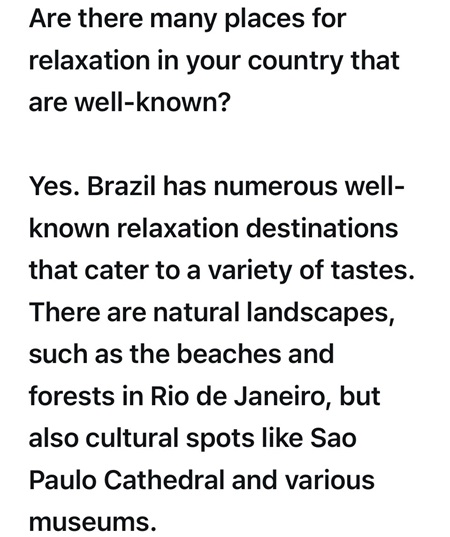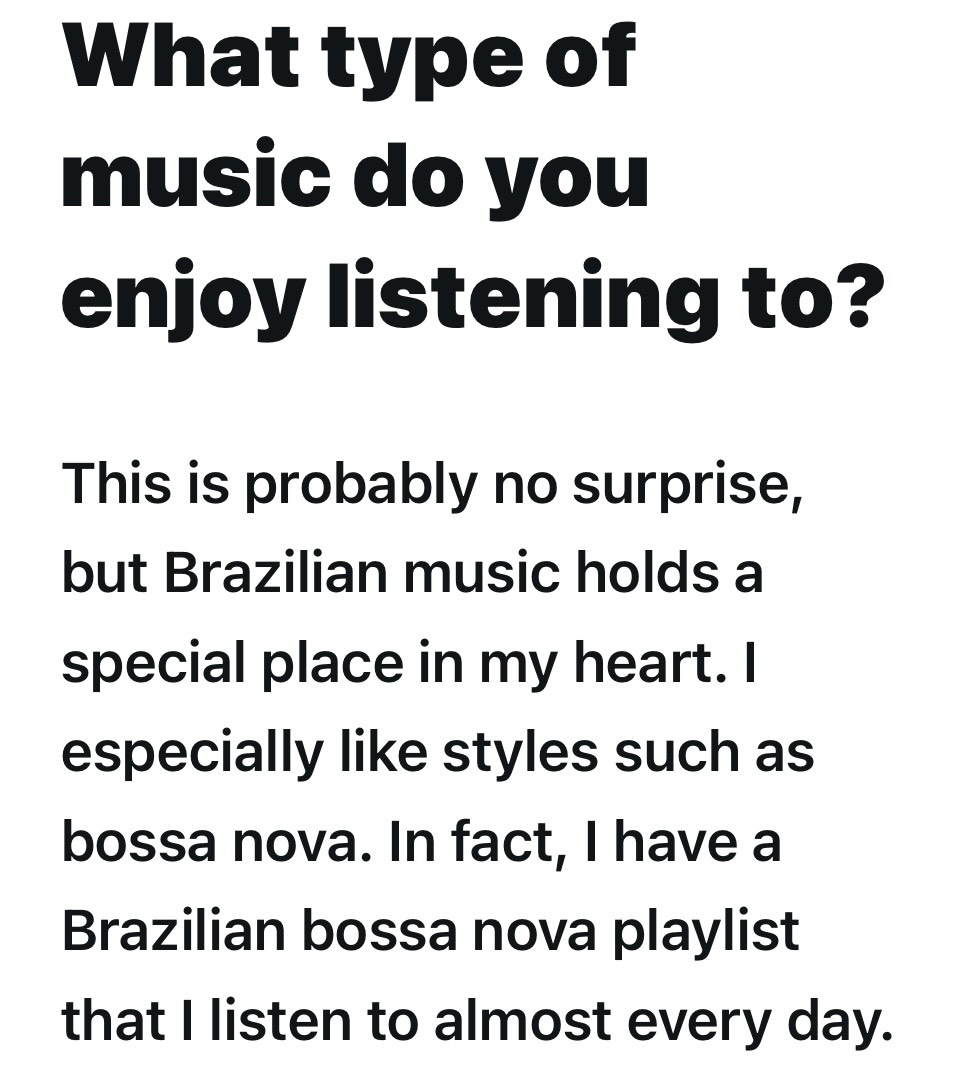👇Driving?🚗Jogging? 🏃Click the button for hands-free training!👇
This week we’re looking at a Part 2 cue card that asks you to speak about a time when you interacted with an animal.
Step 1: Tune in to this week’s lesson. (Audio and video version below.)
| Part 2 cue card Describe a time when you interacted with an animal. You should say: What kind of animal it was Where you were and what you did with the animal How the experience made you feel And explain whether you would like to spend more time with this kind of animal in the future |
Step 2: Listen to the sample a few times to get more familiar with the language.
Step 3: Engage this week’s full speech shadowing lesson. (If you do not yet have access, click here to sign up for full lessons.)
Step 4: Below is Monday’s speech exercise. Post yourself saying this excerpt to your Whatsapp group. Exercises for Tuesday to Friday will be posted in the group by your instructor. (If you have not yet been added to a group, click here to sign up – select ‘Join a Whatsapp group’.)
| Post yourself saying this into your Whatsapp group!🗣️📲 “I’d like to talk about a memorable experience I had with a sea turtle. This took place during a holiday in Spain. I visited a local wildlife sanctuary that had a special section dedicated to marine life, and this area included sea turtles.” |
Step 5: It’s very important that you note any new language items or pronunciation points from this week’s lesson in your journal to help you chronicle your improvement.📝
Transcript
| Part 2 cue card Describe a time when you interacted with an animal. You should say: What kind of animal it was Where you were and what you did with the animal How the experience made you feel And explain whether you would like to spend more time with this kind of animal in the future |
I’d like to talk about a memorable experience I had with a sea turtle. This took place during a holiday in Spain. I visited a local wildlife sanctuary that had a special section dedicated to marine life, and this area included sea turtles.
At the sanctuary, I was given the opportunity to assist the staff in feeding the turtles as part of a conservation programme. I helped prepare a mixture of vegetables and fish, which was the turtles’ preferred food. Once the food was ready, I gently placed it in the water. A few moments later, one of the turtles swam up and slowly started to eat it!
This experience made me feel deeply connected to nature. It was a humbling reminder of the vast diversity of life on our planet and how much we can learn from creatures that live so differently from us. I also felt a sense of responsibility toward protecting endangered species like this one, as they are so vulnerable to human activity.
As for whether I’d like to spend more time with this kind of animal: absolutely. Turtles are peaceful, ancient creatures, and being around them has a calming effect. I’d love to be involved in more conservation efforts. It would give me more chances to learn about turtle behaviour and contribute to their preservation.


